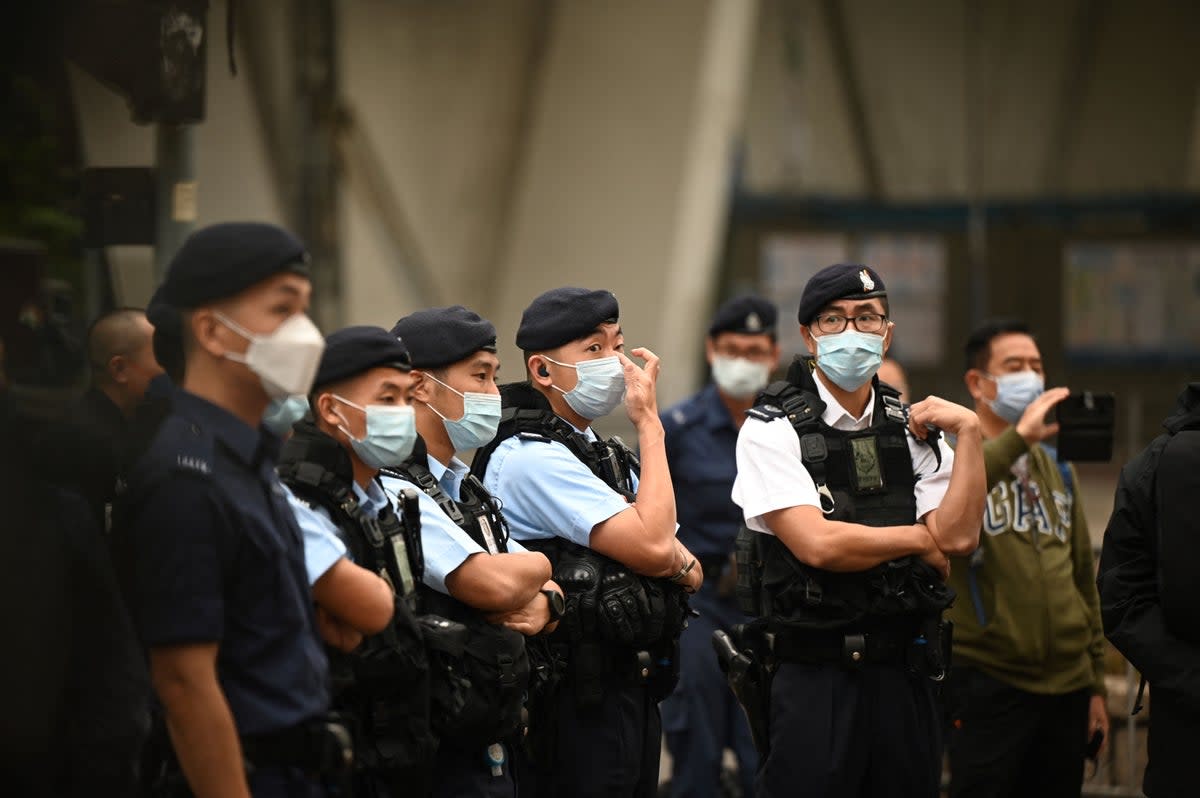UN committee calls for review of Hong Kong’s controversial national security law

A United Nations committee has asked Hong Kong to review the national security law that was imposed by Beijing after massive pro-democracy protests in 2019.
The UN Committee on Economic, Social and Cultural Rights urged Hong Kong to abolish the law “to ensure the full independence of the judiciary”.
The report published on Monday by the UN committee says that the legislation that was enacted in June 2020 “has de facto abolished” the city’s judicial independence.
“The committee urges the Hong Kong [Special Administrative Region], China to cooperate with the state party to review the law … to ensure the full independence of the judiciary and to ensure that national security legislation is not arbitrarily used to interfere with it,” the report said.
“The committee is particularly concerned about reports of a lack of transparency regarding [the arrestees’] detentions and trials, and the lack of access to lawyers during the proceedings … the national security hotline is used extensively and might have detrimental effects on the work and expression of civil society,” it added.
The UN Committee also raised concern over the national security hotline and said that it is used “extensively and might have detrimental effects on the work and expression of civil society, trade unions, teachers and other actors, including those mentioned above, working on human rights”.
Hong Kong government on Tuesday lashed out at the UN committee saying that it strongly objected to the findings.
The government statement said that the committee had “disregarded the explanations and clarifications” made by the city’s delegation during the meeting with the committee members in Macau last month.
The UN committee’s recommendations to review the security law were “not only totally unfounded but also utterly perplexing”, the government added.
“The [Hong Kong] government strongly deplores and resolutely rejects the concluding observations … which insisted on making inaccurate, biased and misleading statements on various aspects of the situation in Hong Kong,” it added.
In July last year, the UN Human Rights Committee, which monitors the implementation of the International Covenant on Civil and Political Rights, also issued its concluding observations on the situation in Hong Kong.
“The committee underscored the shortcomings of the National Security Law, including the lack of clarity of the term national security and the possibility of transferring cases from Hong Kong to mainland China, which is not a state party to the covenant for investigation, prosecution, trial, and execution of penalties,” vice-chair Christopher Arif Bulkan said at that time.


